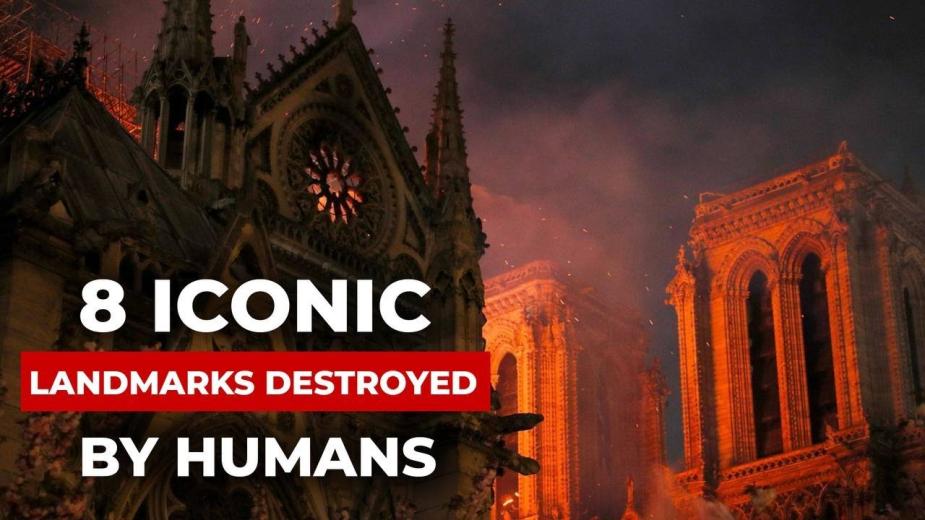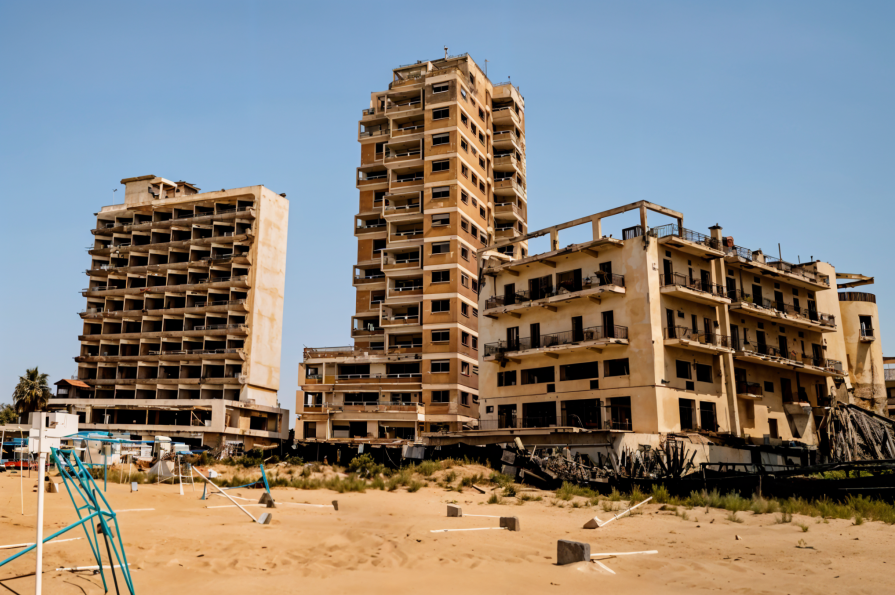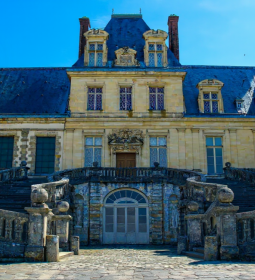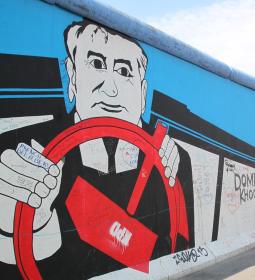A paradise on the shores of the Mediterranean Sea, from which people have left forever - tourists, stars, even an entire state. Now there is only an echo and cracked tiles. How did it happen?

Cyprus: not only beaches, but also history
Imagine a resort where the rich, stars, businessmen go. Luxury, shopping, partying until dawn... But one day it all froze. The Varosha resort in Cyprus was just such a place - lively, expensive, shiny with attention, and then emptied to the last towel on the beach.
How did it happen in the first place
Cyprus is not one country, but an island that is almost cut in two. After gaining independence from Britain (1960), a conflict broke out between the Greek and Turkish Cypriot communities. Military intervention and the actual division into south and north happened in 1974, when Varosha, like the whole of Famagusta (a resort city), fell under the control of Turkey - and the resort was empty in just a day. The Greek Cypriots were told: "You have one day to leave." They left, leaving their homes, belongings, hotels. There was hope for a return in their minds, but almost 50 years passed, and they did not return here.
How Nature Is Slowly Regaining Its Own
At first, the area was taken under protection: a fence, the military, checkpoints - the locals were not allowed in for decades. In 1984, the UN banned settlement and reiterated that only former residents could return. Many claims have been filed with the courts, but no way out of the political impasse has been found.
Over the years, Varosha, of course, has become "worn out": the plaster crumbled, mold multiplied in the walls, and moss, bushes and grass covered the empty buildings and shops. Where there were cafes and an embankment with luxurious shop windows, now there is only wind.

A real discovery for everyone – for the first time in half a century
Here is the event! October 2020: The Northern Turkish Republic of Cyprus allowed partial entry to Varosha - several streets, a piece of the beach, and the main alley were opened. First for those who lived in Northern Cyprus, then for foreigners. The guides conducted safe routes, installed turnstiles, security. Since then, Varosha has been visited by about two million people (mostly worshippers of the ruins).
What will you see when you come here?
- Empty hotels with broken windows and corridors, where you can still hear the echo of footsteps.
- Abandoned restaurants and cinemas - once the evenings there had their own rhythm...
- A beach with sun loungers and umbrellas, but without vacationers, against the backdrop of abandoned buildings.
- Nature: grass has climbed onto the sidewalks, trees have sprouted through concrete, and the wind is driving plastic bags — like an eternal study of how merciless time is.
Stumbling block: politics and memory
This is the key to understanding all the news: the Turkish side considers Varosha as a chance for the economy and tourism, even declares plans for reconstruction and a new life of the territory. But the Greek side, international organizations and the UN urge not to rush and not to populate the area. Questions remain: can someone other than the previous owners move in? Who will ultimately decide how to use this territory? To what extent is a real conciliatory project possible here, and not a political gesture? The discussion continues.

Tourism of another reality: "dark tourism"
Today, Varosha is an example of "dark tourism", when people visit places where a tragedy occurred. This is not a beach vacation, this is a journey to another dimension. Some enthusiasts have even opened small cafes and souvenir shops specifically for tourists, there are rental electric bikes and golf carts so that you can ride along the streets. A tour of the ruins of a century-century nightclub or a former cinema is not entertainment in the usual sense, but rather an opportunity to see the consequences of a political conflict.
A ghost town that lives a new life
Varosha today - abandoned and semi-forbidden - attracts not with the gold of its buildings, but with the voices of the past. But business is interested in the revival of the resort. The authorities are actively discussing the opening of the beach and the construction of marinas and other tourist facilities, even despite the desire of the UN and the European Union to return the land to its original owners.
What does this mean for us?
Varosha is not just the story of one abandoned village. This is a lesson about how quickly the world can change - literally in one day, about what consequences a conflict can have.
Varosha remains an object of hope in some eyes and struggle in others. Someone sees it as a resort of the future, someone sees it as a monument to the peaceful past.
Undoubtedly, each conflict is complicated and has many layers. It cannot be fixed instantly, as if by magic. Yet studying international relations at a renowned university might well be one of the means through which you can help create a world better than the one we live in today.










